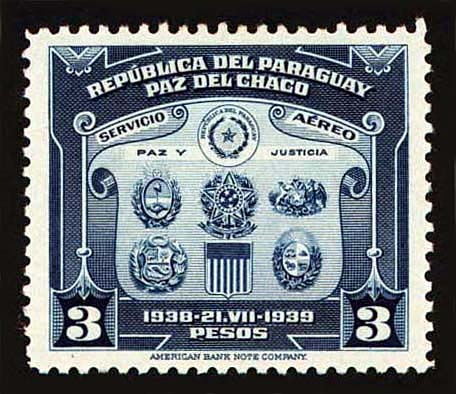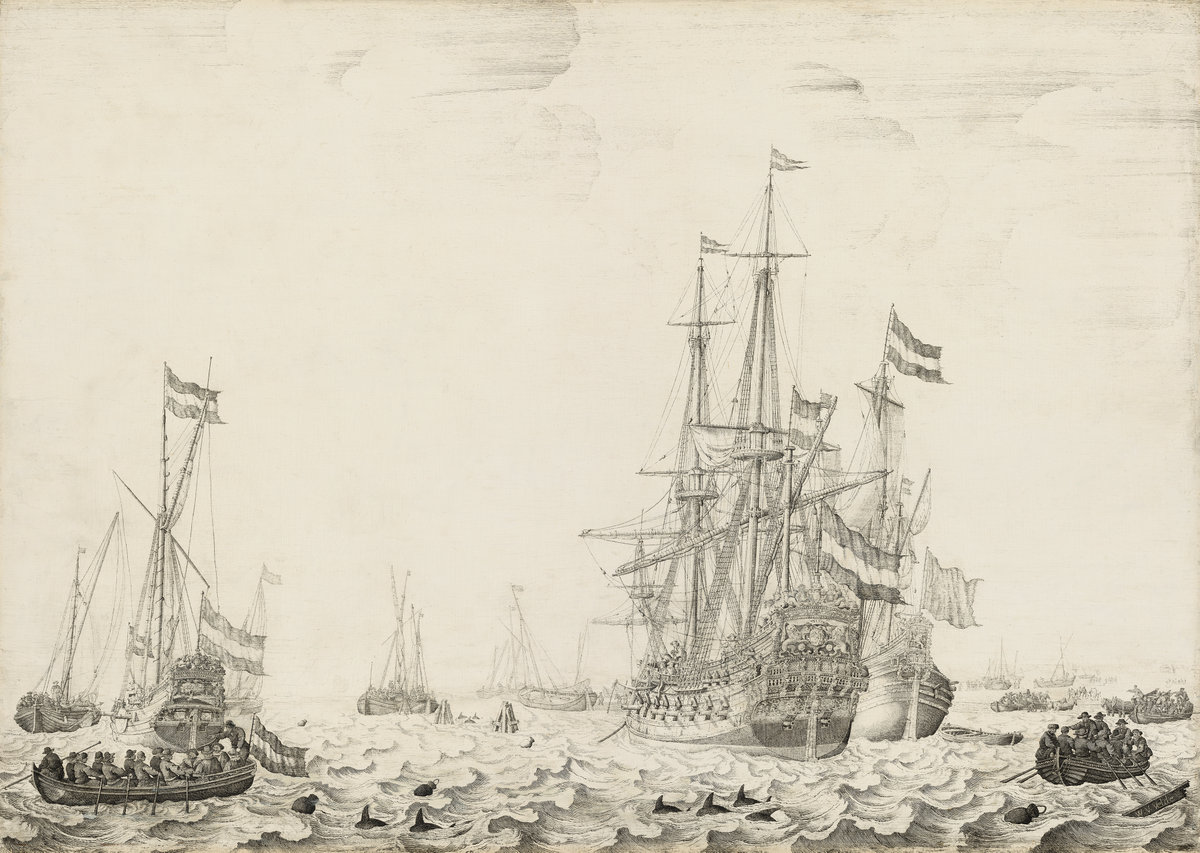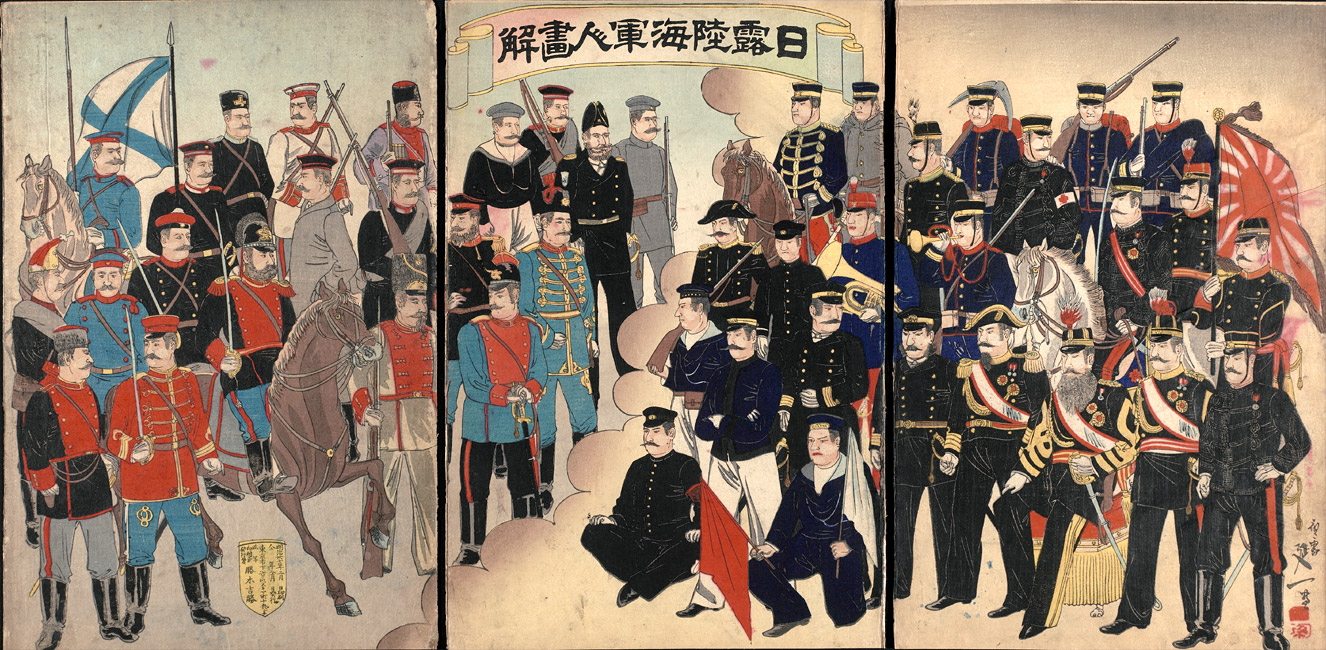
Violence in the Central African Republic continues, prompting fears that much of the country’s Muslim minority — which is less than a fifth of the population — may be forced to flee. In a piece on US-French military cooperation James Stavridis and Leo Michel highlight the interesting fact that the French military presence in CAR and Mali involves roughly the same share of the French Army as US efforts in Afghanistan do America’s.
Jessica Hatcher reflects on conflict reporting in South Sudan. News organizations want stories that will interest casual Western audiences — “as a former British foreign editor put it, readers get their daily fill of blood and gore from Syria” — and aid organizations struggle to keep global attention on the violence in both South Sudan and neighboring CAR.
Also on the challenges of international reporting: Muhammad Tahir and Bruce Pannier on journalism in isolated, repressive Turkmenistan (via Sarah Kendzior).
Tracking civilian deaths in Afghanistan.
Tom Nichols fumes that the Obama administration’s Syria policy is a disaster, and trusting the Assad regime to adhere to last fall’s Russian-brokered chemical weapons deal wishful thinking. Peter Munson doubts that the US ever had the leverage to force a positive end in Syria with anything short of invasion.
Citing starving civilians and the Responsibility to Protect, Danny Postel and Nader Hashemi argue in a NYT op-ed for breaking the siege of starving Syrian cities “by any means necessary.” Postel and Hashemi’s assurance that “there are reasons to believe that the mere threat of coercive action would produce results” strikes me as an optimistic bit of hand-waving given the wide and very public opposition to the limited airstrikes — which were explicitly not “any means” — floated in the aftermath of the August gas attack.
On foreign involvement in Syria: Assad supporters accuse UN aid efforts in Homs of aiding “terrorists” over their own communities (via Crispin J. Burke), and the US Treasury Department suggests that Iranian authorities are allowing al-Qaeda organizers in that country to support the anti-regime al-Nusra Front in Syria. This last bit of news recalls the persistent conspiracy theories that some of the more extremist rebel groups like ISIS are somehow tools of Assad, because their unpopular actions bolster support for the regime and discourage international action on behalf of the rebels; Aymenn Al-Tamimi examined these claims earlier this week.
Douglas A. OIlivant writes that a division of Iraq along sectarian lines is neither desirable nor likely, adding to a long-running conversation over whether the borders of the Middle East are headed for major change, or at least weakening.








1 comment